In Cyberwar, Kathleen Hall Jamieson investigates the role of Russian hackers and trolls in the 2016 presidential election and argues it is likely that Russian help was crucial to Donald Trump's victory.
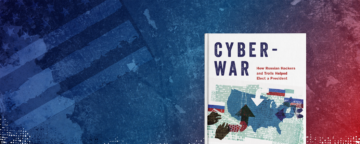
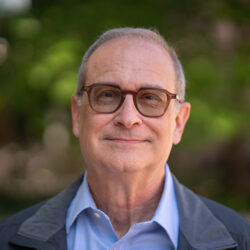
Michael Rozansky has worked as an editor, writer and reporter for 30 years. Before joining the Annenberg Public Policy Center as director of communications, he spent more than 20 years at the Philadelphia Inquirer, most recently supervising its arts and entertainment coverage. He has reported on the arts, media, business, politics, national and regulatory issues. Rozansky also developed and taught a class at Temple University on the history and practice of celebrity journalism. He received a bachelor’s degree in English and American literature from Brown University and a master’s degree in journalism from Columbia University’s Graduate School of Journalism.

In Cyberwar, Kathleen Hall Jamieson investigates the role of Russian hackers and trolls in the 2016 presidential election and argues it is likely that Russian help was crucial to Donald Trump's victory.
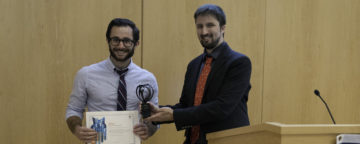
Postdoctoral fellow Matt Motta was honored with the Elsevier Atlas award for an article on overconfidence due to ignorance and anti-vaccine attitudes.
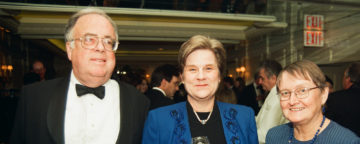
The Annenberg Public Policy Center community mourns the passing of Washington journalist Adam Clymer, former political director of the National Annenberg Election Survey.

The Annenberg Public Policy Center congratulates APPC distinguished research fellow Danielle Bassett on being awarded the Erdős-Rényi Prize by the Network Science Society.
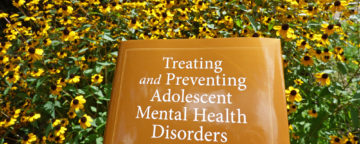
"Treating and Preventing Adolescent Mental Health Disorders" is now available to researchers, medical practitioners, and the public as a free e-book on Oxford's website.

Only a subset of teens who engage in excessive levels of impulsive behavior, such as acting without thinking, later struggle with addictions or other problem behaviors, a study has found.
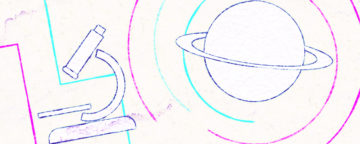
APPC has launched the Annenberg Science Media Monitor to analyze the content of news reporting on science. The first report focuses on coverage of scientific discovery.
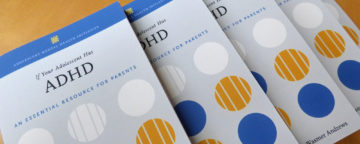
'If Your Adolescent Has ADHD,' a supportive guide for parents that uses evidence-based approaches to treatment, is the latest book in a series developed under APPC's guidance.

Social and news media have different associations with risk perceptions and preventive behavior in an emerging health threat such as Zika, according to new research.
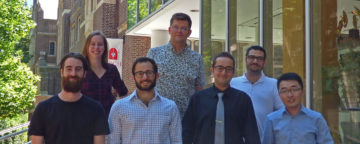
APPC has welcomed seven new postdoctoral fellows in the Science of Science Communication. They bring expertise in communication, media, political science, and psychology, among other fields.